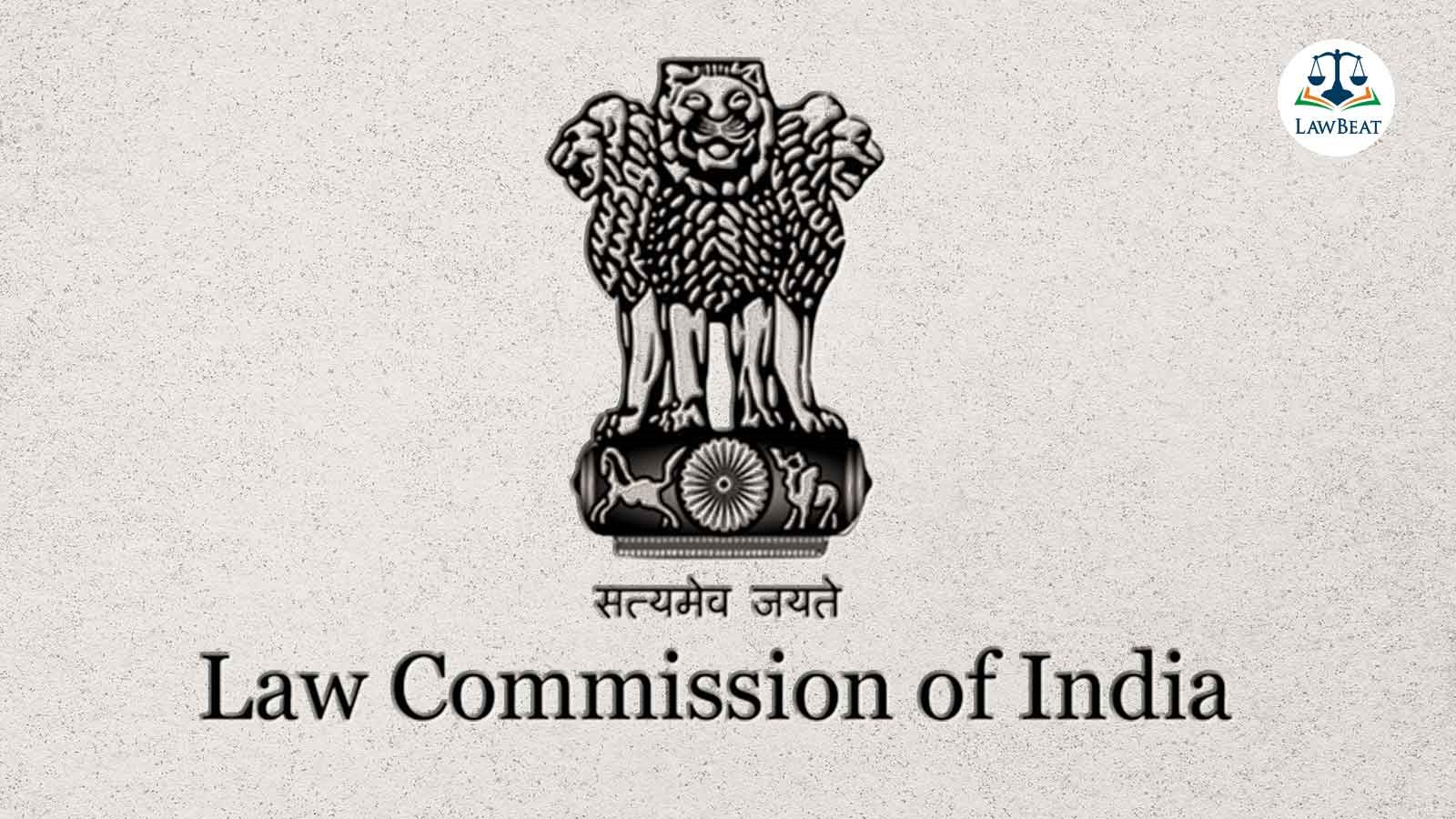'Reputation can't be jeopardized for letting one enjoy freedom of speech,' Law Commission on retaining criminal defamation

Law Commission, in its 285th report has said, criminal defamation acts as a deterrent against false and malicious statements, preventing damage to one's reputation that civil remedies might not adequately address, moreover, the law ensures a balance between freedom of expression and right to reputation, essential to maintain social harmony and protecting individuals from unwarranted harm caused by defamatory statements
The Law Commission has recommended for retaining defamation as an offence within the scheme of criminal laws in country, saying reputation being an integral facet of Article 21 of the Constitution cannot be allowed to be jeopardised just because an individual has to enjoy his freedom of speech at the expense of hurting the sentiment of another.
"India is a country which skilfully and blissfully sustains different languages, ideas and thoughts. The social fabric is such that the people want to enjoy their freedom and also want to protect what is dear to them. Reputation is something which can't be seen and can only be earned. It's an asset which is built in a lifetime and destroyed in seconds. The whole jurisprudence around the law on criminal defamation has the essence of protecting one's reputation and its facets," the Commission headed by Justice Ritu Raj Awasthi said.
In its 285th report, the panel said it may be argued that criminal prosecution for defamatory statements is opposed to the right of freedom of speech and expression. Any form of speech should not be illegal in general unless there are very specific and unusual circumstances. Indeed, utmost caution needs to be exercised while doing so. Speech, ought to be illegal only where it is meant to do substantial harm and when such harm materializes, it said.
"However, the protection of reputation is not the only impetus behind criminalising defamation as avoiding public disturbances is an equally important motivation. Publications that harm a person's reputation are an inherent part of the political process in democracy, and stifling the same would be endangering the political process. Consequently, it is absurd to argue for states to have the unchecked authority to prosecute publishers of any such material because their publications constitute defamation," it said.
The Commission had received a reference from the Ministry of Law and Justice on August 4, 2017, requesting it to examine various issues relating to the defamation laws and make recommendations thereon.
"Having considered the matter in-depth, the Commission recommends that criminal defamation be retained within the scheme of criminal laws in the country. In this regard, it is important to keep in mind that right to reputation flows from Article 21 of the Constitution of India, and being a facet of right to life and personal liberty, needs to be adequately protected against defamatory speech and imputation," it said.
The panel also said it is not appropriate to limit behaviour that could seriously harm someone else to civil law consequences.
"While it is perfectly acceptable for the act to result in tort consequences, it should also be appropriately considered in the context of criminal law, since this is the legal framework in which such behaviour can be appropriately condemned and punished," the Commission said.
The panel also pointed out a report by the Organization for Security and Co-operation in Europe (OSCE) found out that forty-two of the fifty-seven member countries have criminal defamation provisions in one form or other. It also found out that nearly all OSCE member countries having criminal defamation provisions, provide for imprisonment as a possible punishment, and that majority of these countries provide for imprisonment for a period of up to two years. Most of the member-countries of the OSCE are economically developed nations, and it is seen that the presence of criminal defamation provisions in such countries has not hindered the economic and political development.
Referring to the Bharatiya Nyaya Sanhita, 2023, the Commission pointed out it has added a provision of community service as an additional punishment for defamation.
"This law itself gives a balancing approach, wherein it has safeguarded the interest of the victim and has also neutralised the scope of misuse by giving an alternate punishment of community service. The law acknowledges that harm to reputation is not only an attack on an individual, rather an imputation on the whole society, for which the perpetrator may be punished to serve the community as an act of remorse. Through introduction of this punishment, Indian law has shown the most balanced approach in protecting one's reputation and speech too," it said.
The panel also pointed out the Supreme Court of India in 'Subramanian Swamy Vs Union of India' (2016) upheld criminal defamation, balancing free speech and right to protect reputation.
"Criminal defamation serves to protect reputation and dignity of individuals. Under Article l9(2) of the Constitution of India, reasonable restrictions can be imposed in relation to defamation for safeguarding the reputation of individuals," it said.
